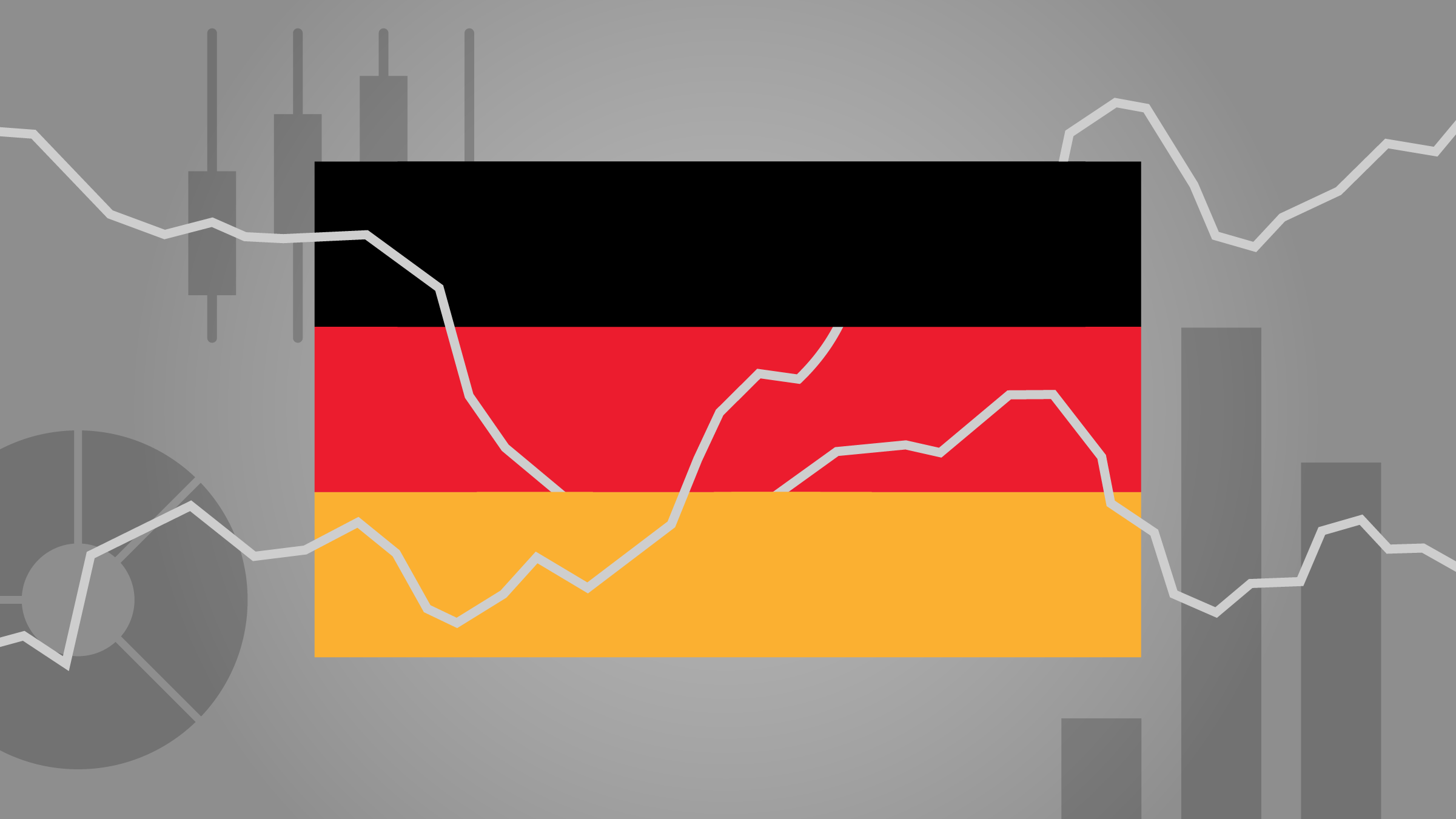Ashley Redmond: I'm on the line with Dan Werner, a Morningstar Analyst, who covers all the big Canadian banks. And he has been busy over the past few weeks, since they have all reported their first quarter earnings.
So, Dan, thanks for joining us.
Dan Werner: Thanks for having me.
Redmond: So, Dan, now that you have all the numbers and everything is in, any surprises?
Werner: I continue to be surprised by the resilience and strength of the Canadian bank earnings. I mean, we've expected with the debt levels of the Canadian consumer that loan growth would be slowing here, and we’ve seen some slowing with some of the banks, but generally the loan growth seems really strong, kind of in the 7% to 10% range here.
I guess, as long as interest rates remain low, borrowing remains cheap, and then consumers are still willing to borrow. The strength of those personal commercial banking segments, which is where those operations reside, is still very strong in terms of overall results.
Redmond: Any bank that really stood out and beat your expectations this quarter?
Werner: Royal Bank had a very nice quarter. They had strong loan strong. The Canadian personal and commercial banking segment produced $1.1 billion in net income. The capital market segment had strong trading income, strong underwriting revenues, and the best return on equity in almost two years. The wealth management segment also did very well, producing increase in assets under management of greater than 13%, which goes straight to the fee income.
Second one that was a bit of a surprise was Bank of Montreal. The U.S. operations were very strong this quarter, which allowed them to increase their dividend, which was a bit of a surprise. I guess, thirdly would be Scotiabank. Again, very strong results from both the Canadian personal and commercial banking, which was driven largely by the acquisition of ING DIRECT Canada, and the international acquisition of Banco Colpatria in Columbia continues to provide meaningful difference and improving results for Scotiabank.
Redmond: Okay. Did any of the banks underperform or not meet your expectations for this quarter?
Werner: I hate to pick on them, but I think CIBC had a bit of a disappointing quarter, although they did have a $150 million litigation settlement that they paid, which hurt their earnings per share by $0.27. As a result of that, it kind of put them near the top of their payout ratio in terms of dividend. So, they didn't increase their dividend this last quarter, which was largely expected. But to their credit, they're trying to de-risk the company; they're trying to do more of the mortgage origination through their branches and not through their first line of correspondent.
However, that's resulted in basically no loan growth over the last three quarters. So, we're trying to get a better sense, and hopefully we'll see some loan growth from them. But compared to the other banks that are seeing 7% to 10% growth, we haven't seen any loan growth out of CIBC in quite some time.
Redmond: Okay. So what banks will you be watching closely this quarter coming up?
Werner: Well, just in general, we're going to be watching all the banks for what loan growth does, see whether those maintain, because the first quarter is generally the best quarter for them. So, once we get into the early part of – those quarters taking into account early 2013 – what kind of loan growth they are going to be seeing and in light of compressing margins.
I mean, generally the Canadian banks have done pretty well with the pristine credit quality that they have. They have been able to release provision for loan losses to help improve their earnings, and we'll see how much further they have to go in terms of releasing provision for credit losses. I think the financial markets are still going to do fairly well. So, we'll probably still see good trading income from them, as well as some strong underwriting fees from those who do capital markets work.
Redmond: Okay. Dan, we filmed a video couple weeks ago on the Bank of Nova Scotia, and you did predict a dividend increase and absolutely no pressure here, but if you're correct, we’ll probably get some more people to watch this video. So, were you correct?
Werner: I was correct. I was thinking a $0.02 or $0.03 increase in the dividend. Scotiabank did increase it by $0.03. With the strong results of the ING DIRECT Canada acquisition, as well as from the international segment from the Banco Colpatria acquisition, Scotiabank continued to do strong results and allowed the management team to increase their dividend to $0.60 for this coming quarter.
Redmond: Okay. That's great. Thanks so much, Dan. I know all this information will be very useful to Canadian investors.
Werner: Okay. Thank you.






















